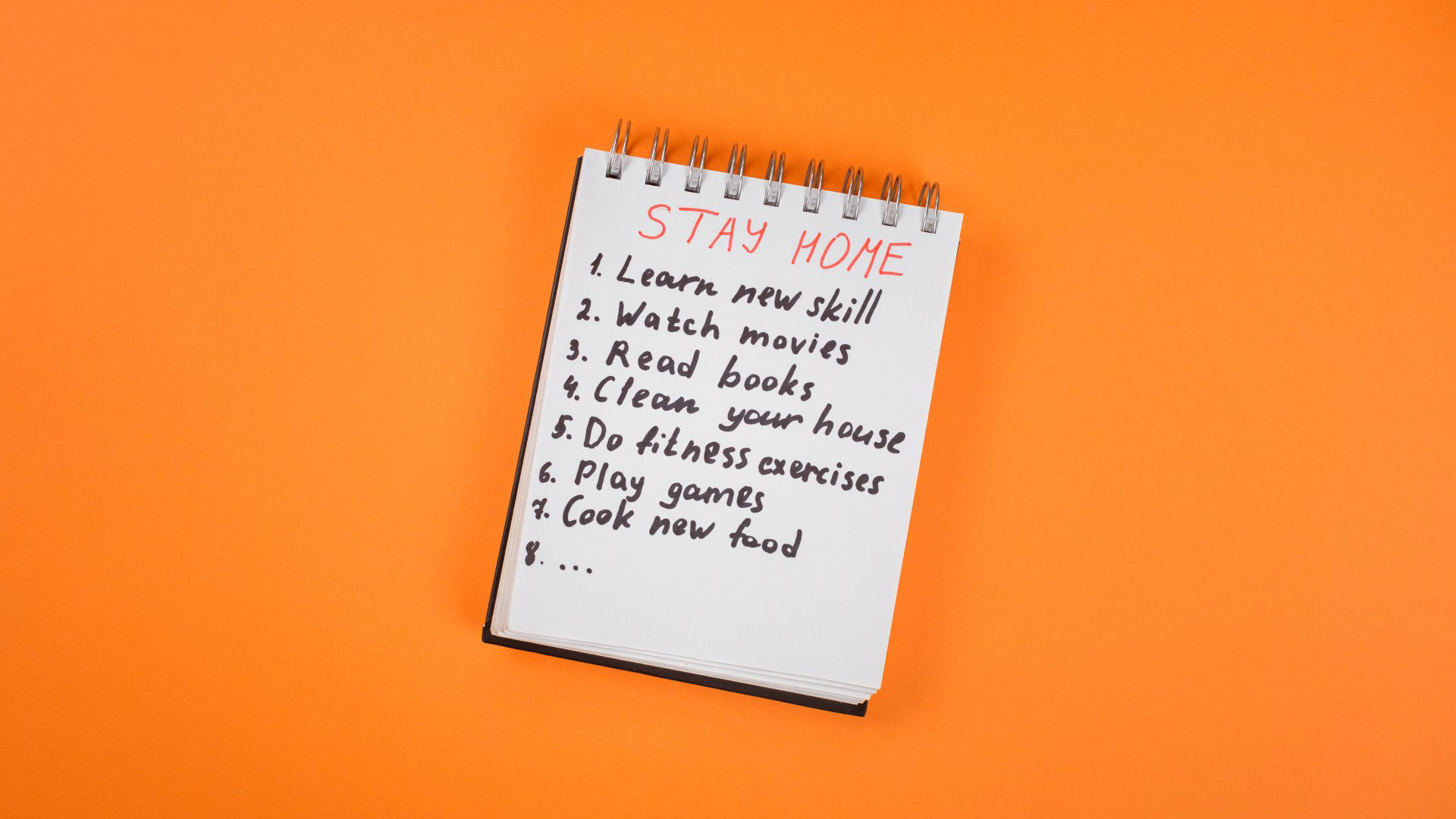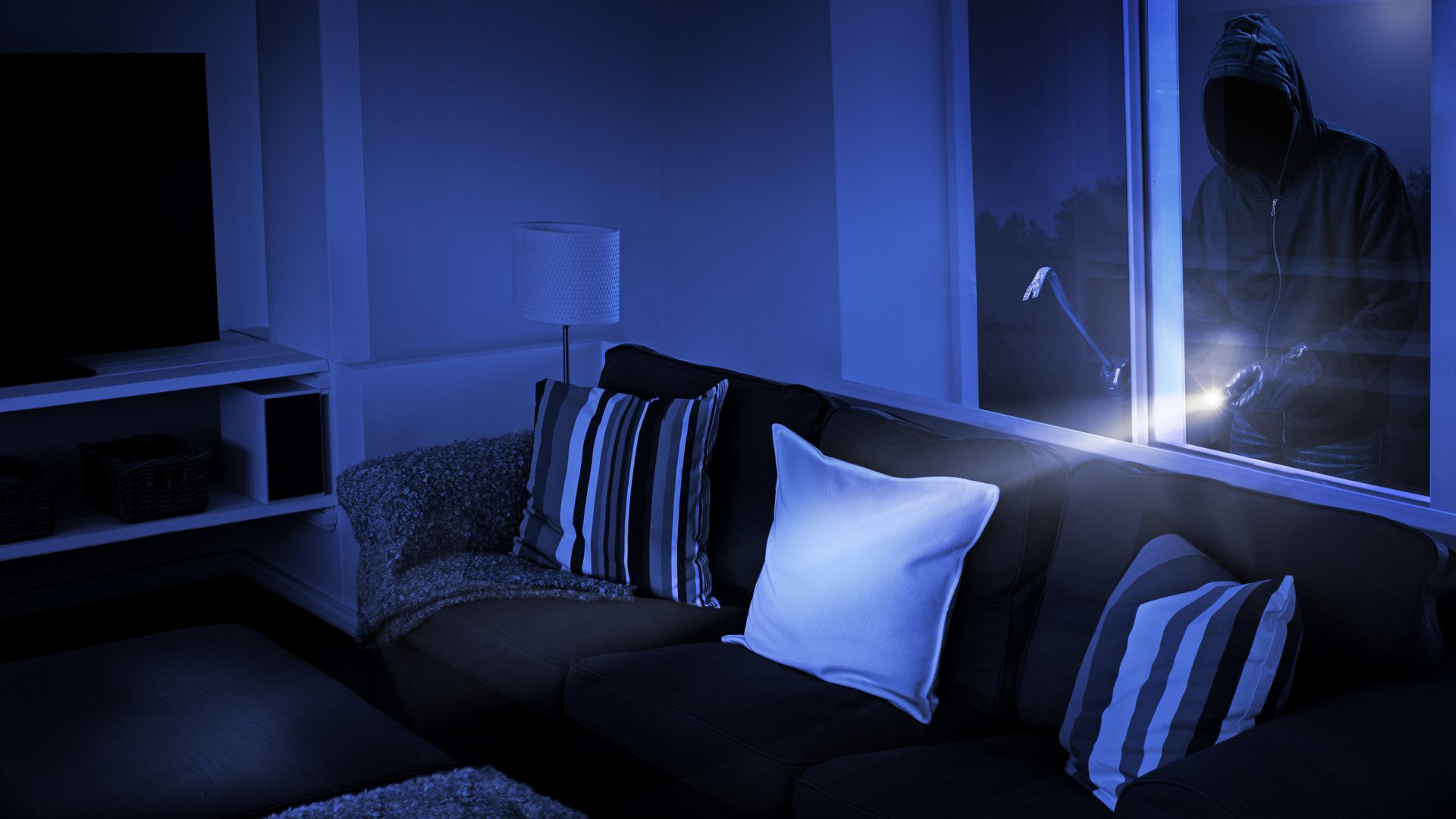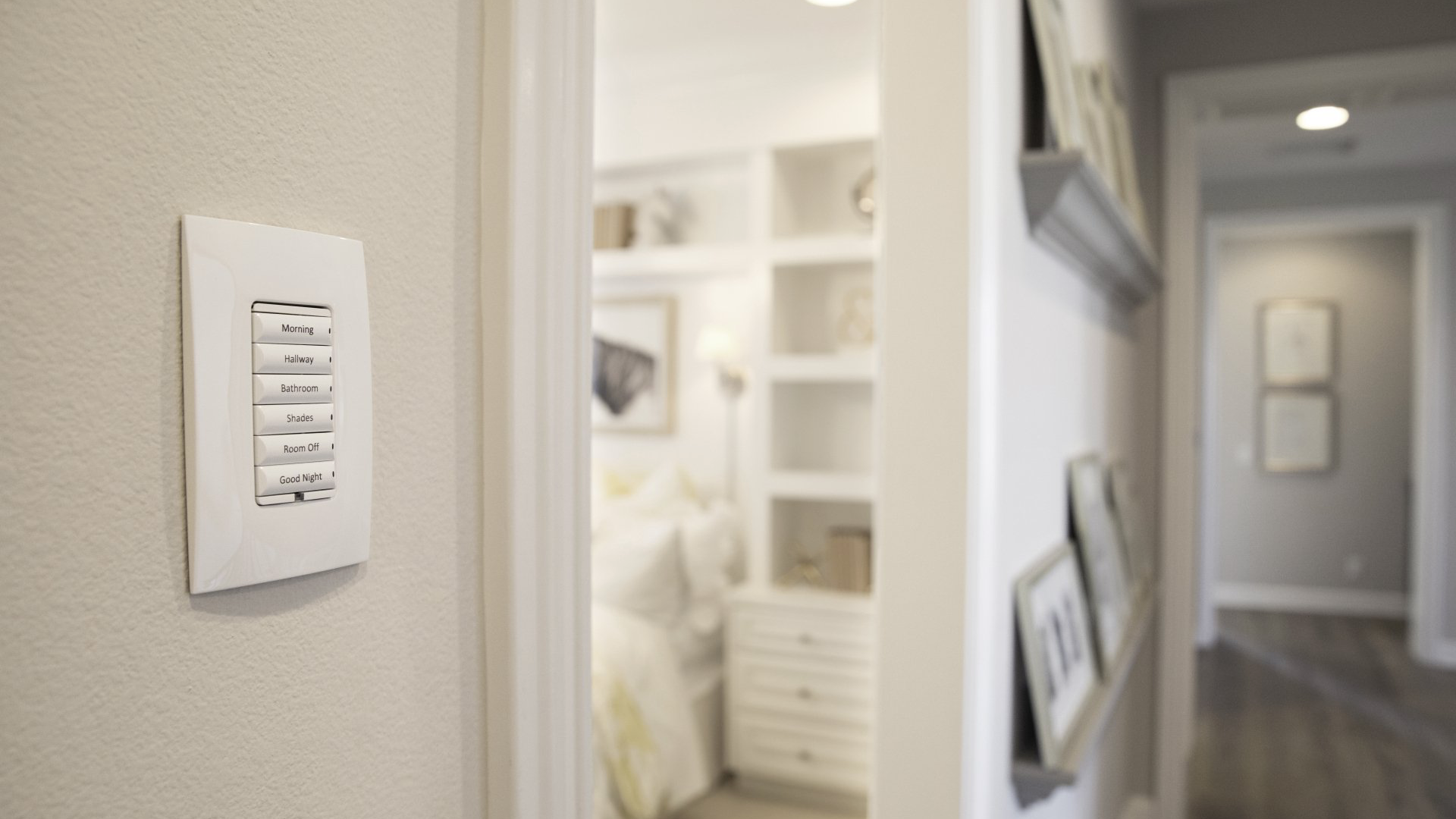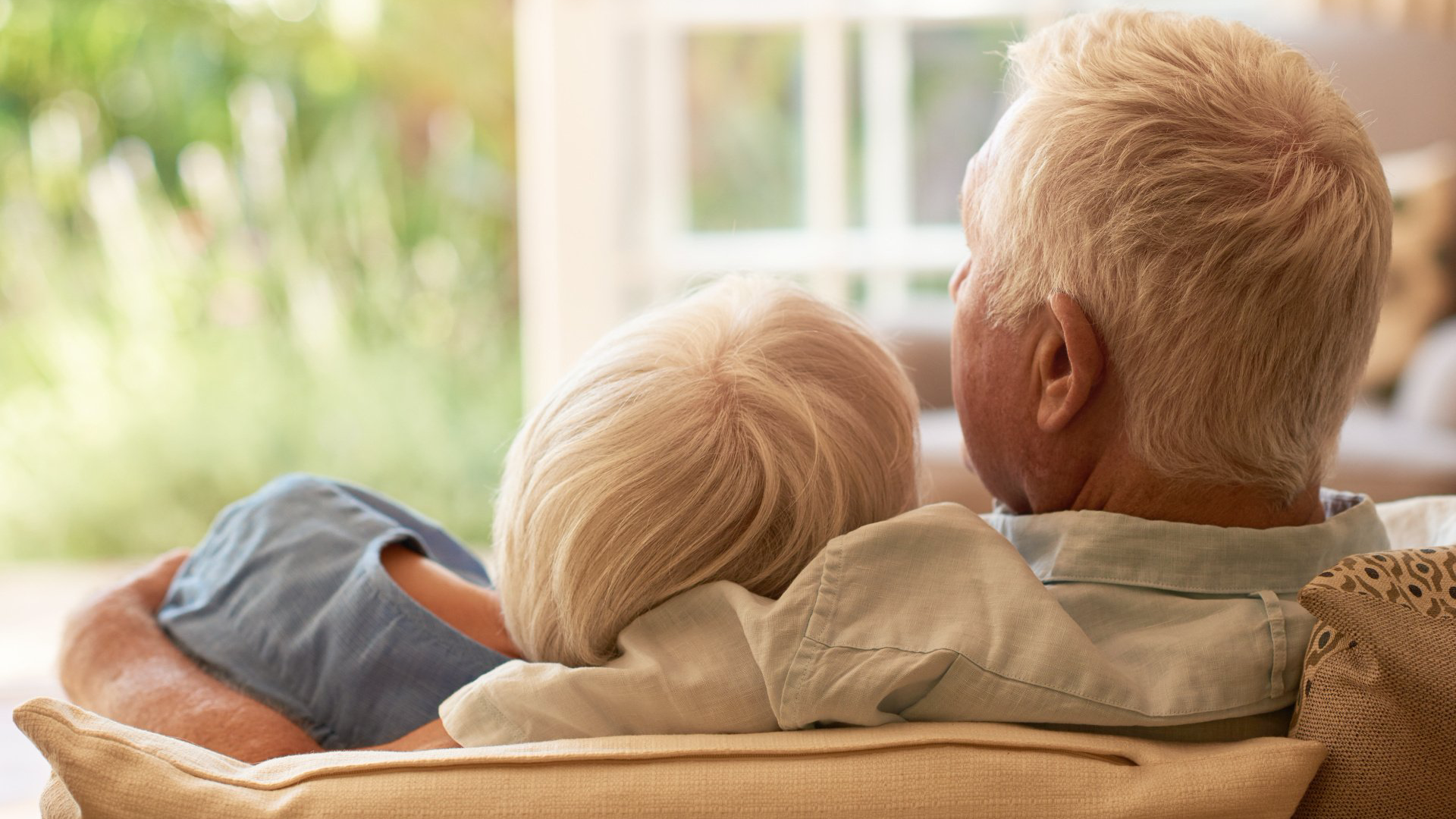Top 5 Practical Benefits Of A Smart Home
Top 5 Practical Benefits of a Smart Home

Implementing Smart Home solutions into your home can have almost endless practical benefits. In this blog we provide some real-world tangible examples of how smart home solutions could help deliver the following top 5 practical benefits:
1. Improved peace of mind
DEALING WITH ANXIETY AND OBSESSIVE–COMPULSIVE DISORDERS
"Knowledge itself is Power" Francis Bacon
With more than 1 in 10 people likely to have a ‘disabling anxiety disorder’ at some stage in their life1 and around three quarters of a million people in the UK being affected by the serious anxiety-related condition Obsessive–Compulsive Disorder (OCD)2. Implementing Smart Home solutions, that can provide real-time access to status information about your home, is rapidly becoming an important part of the overall treatment plan for people living with an anxiety disorder or OCD.
How often have you, having left your home earlier, had those negative thoughts and doubts about whether you closed all your windows before you left or if you did lock your front door or arm the intruder alarm as you were leaving? With those thoughts becoming more pronounced and more anxiety producing the longer the doubts persist.
We have had clients tell us that they have personally experienced having, to leave their place of work in the middle of the working day due to these anxieties, to return to their home to physically check if they did close all their windows.
So, think about how fantastic it would be if your home could do the following for you:
- As part of an automated routine, as you were leaving the property, it checked that all your windows around your home were closed before it armed your intruder alarm and made an audible announcement from your speakers to confirm that all the checks were complete.
- Allowed you to remotely check whether any of the windows were open or closed, or that your front door was currently locked and/or that your intruder alarm was armed.
2. Staying safe while enjoying staying home
HOME ENTERTAINMENT - STAYING IN….IS THE NEW….GOING OUT!
Coronavirus (COVID-19) has dramatically changed the way we live our lives.
With most of the UK having to either not leave at all or significantly curtailing the reasons for leaving their home while shielding/social distancing. Also with many people having to work from their homes and for a significantly high proportion of these people it being the first time they have attempted to do this.
This new requirement to Stay at Home, with the additional levels of stress and anxiety caused by Coronavirus, has led to many people reflecting on the changed role that their home now plays in their lives. Our homes have taken on the role for not only sheltering us but also now have the responsibility for being our new places of work and our new entertainment venues.
The good news is that, with the changed role that people’s homes now play in their day to day lives and with the dramatically altered way that people can engage with services outside their homes, Automated Spaces has developed a series of 'At Home' Smart Home solutions.
Through these ‘At Home’ solutions we can help you transform your home into a secure and professional working environment as well create an entertainment safe haven where you might not want to or need to go back to visiting venues away from your home ever again.
We have several thoughtful and practical solutions available, to enhance the ‘At Home’ experience, please visit the ‘At Home’ section of our website or read the Blog ‘Top 10 Reasons to WATCH at Home’ for more information.
3. Increased security for your property
INTRUDER DETERENCE IS BETWEEN THAN INTRUDER DETECTION
It may be surprising for you to learn that 89% of burglars would be deterred from targeting a Smart Home, especially those properties with CCTV cameras, where there is the sound of a barking dog or where they can see a TV which is turned on3.
But it is this type of knowledge, that our Clients benefit from when, we design a comprehensive, multifaceted and multi-layered approach to incorporating various security devices into our Smart Home projects.
Imagine if you lived in a Smart Home that provided the following type of security solutions:
- Your home can simulate being occupied, with lights and TVs/Music sources automatically turning on as well as windows blinds opening and closing in a realistic manner, while you are away.
- Where the sound of a dog barking can be played, over covertly placed external loudspeakers, in response to specific trigger events detected by a Smart CCTV solution such as someone entering your driveway or approaching your front door.
- That allows you, when you are away from your family and home while travelling for work reasons, to remotely check on the safety of your family members and your property.
- Will send you push notifications to your mobile phone or smart watch for key events e.g. when the intruder alarm is activated or if a water leak is detected.
- Allows you to see and speak with people who arrive at your property, remotely over a video call from your doorbell on an internet connected device like your mobile phone, when you are not at home.
4. Free up time in your day-to-day life around your home
CONVENIENCE THROUGH AUTOMATION AND SIMPLIFICATION OF TASKS
The current shifting trend of people’s desires, from ‘owning things’ to ‘experiencing things’, is leading to a hyper focus on removing from our lives those things that needlessly consume our time and seeking out those things that can free up our time to increase the potential for us to purse more leisure activities.
At Automated Spaces’ we strive to design a Smart Home that automates, out of existence, those common and mundane tasks that seem to continually steal our Client’s time. Through a process of thoroughly understanding how our Client’s will live day-to-day in their finished home we can identify those tasks that can be automated and free up some of their time.
Wouldn’t it be great if you lived in a home where, as part of an automated routine, when you woke up in the morning and said ‘good morning’ or pressed a ‘Morning’ button on a keypad next to your bed that the night-time setting on your intruder alarm deactivated, then depending on the time of morning…the lights for all rooms leading from your bedroom to the kitchen came on at an appropriate dimmed level so as to not temporarily blind you in your sleepy haze, switched on your coffee machine or kettle to begin brewing your favourite morning drink, turned on your favourite television or radio channel in the kitchen or turned on your shower to ensure that the temperature had raised to a comfortable level before you got under the flow of water.
Or, where instead of having several remotes in your TV viewing room, you have one consolidated and contemporary remote that declutters and simplifies the task of controlling the various sources of media on your display.
5. Assisted / Independent Living
SUPPORT TO REMAIN IN YOUR HOME
With 1 in 4 hospital beds being occupied by someone with dementia, and admissions which are often for preventable or treatable reasons such as infections, falls or dehydration4, we can help you implement solutions to support you to remain in your home by minimising these potential issues from occurring in the first place.
With the cost of residential care homes being up to an average of £55,000 per annum5 investing in solutions that enable you to delay that point in time before you need to leave your home, to relocate to an external care setting, can be a very sensible purchase that protects your lifelong savings and inheritance that you want to be able to bequest to your family and friends. With the added benefit that these Smart Home solutions could also allow you to remain in a familiar setting, stay near your friends & family, continue to live with your pets and help you retain your dignity through independent living.
Imagine if you lived in a Smart Home that provided the following type of assisted living solutions:
- Audible scheduled announcements e.g. an audible prompt to remind you to take medication, or to eat/drink something or imminent appointment
- An acknowledgement or an exception report is sent to a concerned relative or 3rd party care service to confirm that medicine has been taken or that you have eaten/drunk something at the relevant time
- Automated events e.g. arming the night-time mode of the Intruder Alarm if not done before going to bed
- Room activity monitoring e.g. alerting if no presence is detected in kitchen at certain times of the day such as breakfast time, lunch time or dinner time, etc.
- Voice control of TVs or Music players to reduce reliance of finding physical remote controls
As falls account for the largest cause of emergency hospital admissions for older people. With a significant proportion of elderly people experiencing an episode of a fall at least once a year6 and approximately 1 in 20 older people living in the community experiencing a fracture or needing hospitalisation after a fall7 we can implement Smart Home solutions to help reduce the risk of falls.
Wouldn’t it be fantastic if your Smart Home could help reduce the risk of falls or respond to a fall incident in the following ways:
- Automation of tasks to reduce activities that involve a risk of falling e.g. occupancy activated room lighting, automated closing of blinds at sunset, etc.
- Immediate fall detection and alerting to a family member or 3rd party monitoring provider
- Voice activated communications e.g. ability to initiate a voice call with a relative or an emergency contact without needing to dial a number or even have your phone
- close to hand
Share:
Share this blog
Sources:
1 Source; Ehlers, A. ‘Anxiety disorders: Challenging negative thinking.’ Quoted in the Wellcome Trust Reviews, 1997.
2 Obsessive–Compulsive Disorder (OCD) is a serious anxiety-related condition that affects 1.2% of the population, which is around three quarters of a million people here in the UK based on current estimates. https://www.ocduk.org/ocd/introduction-to-ocd/
3 Survey of 12 ex-convicts was conducted by Unlock on behalf of Co-op Home Insurance; https://www.co-opinsurance.co.uk/hub/securitytips/
4 Source: https://www.thetimes.co.uk/article/dementia-patients-to-be-prescribed-smart-home-kit-n33ch83f6#
5 Source: LaingBuisson Care of Older People UK Market Report 29th edition 2018
6 Calculated by Public Health England (PHE) from using Hospital Episode Statistics 2017/18
7 NHS England - Falls and fracture consensus statement







